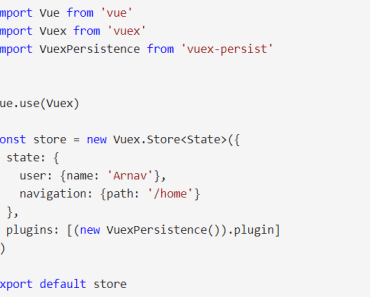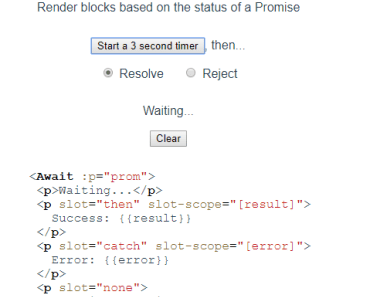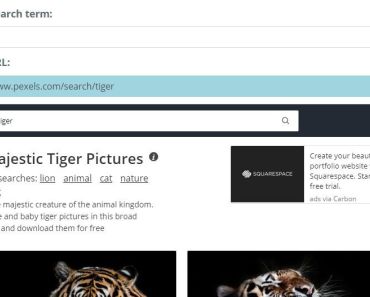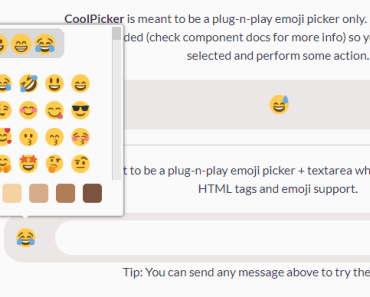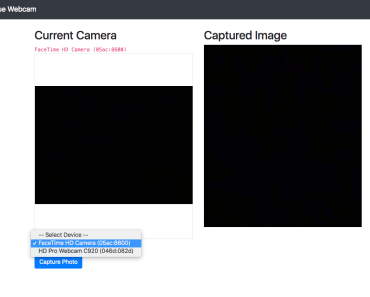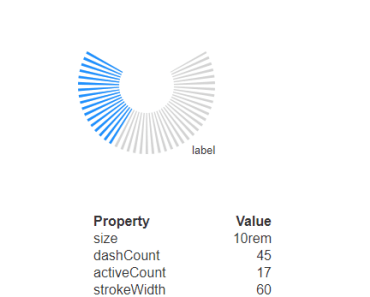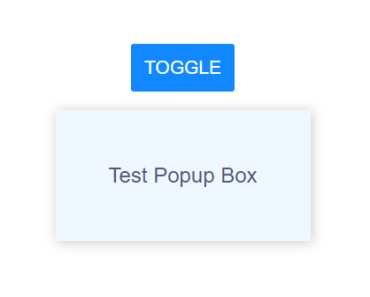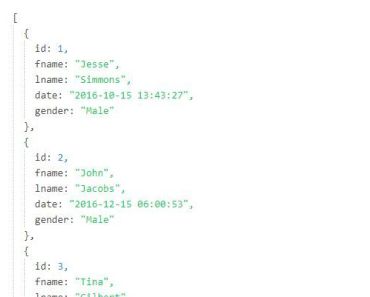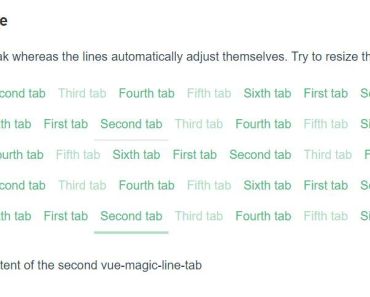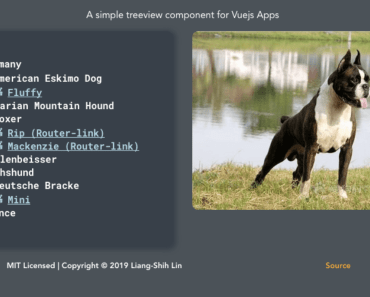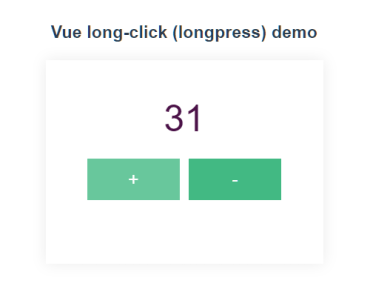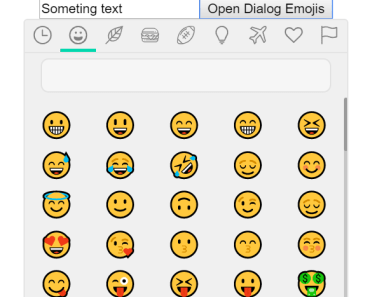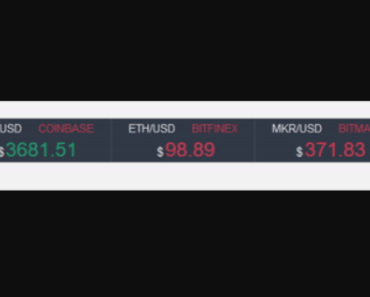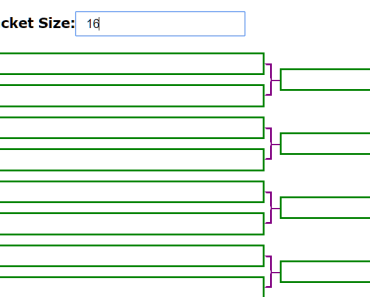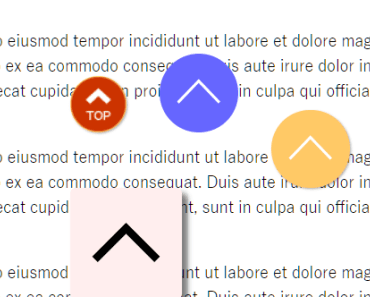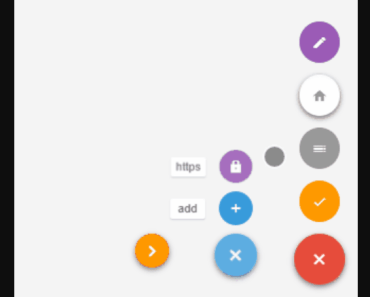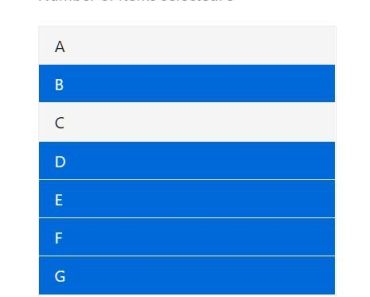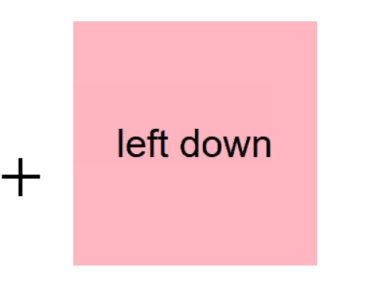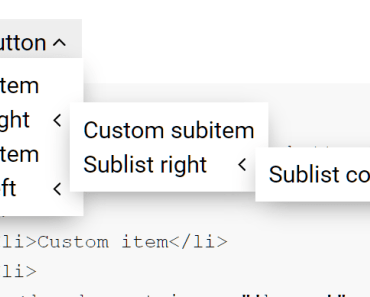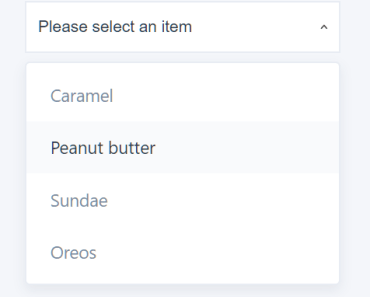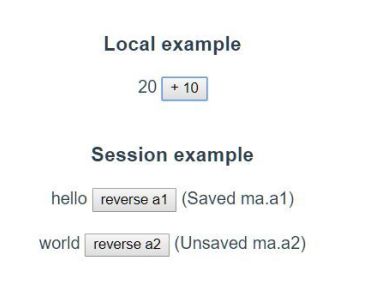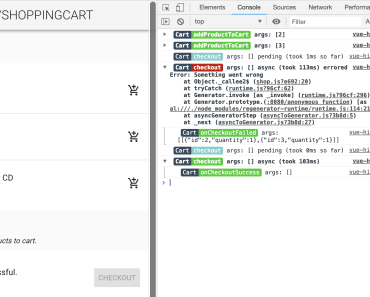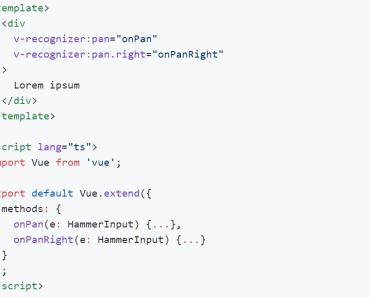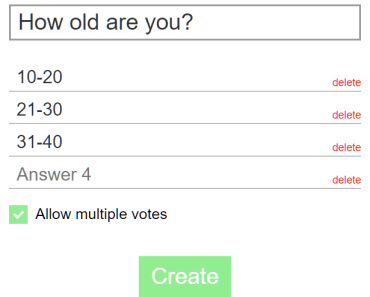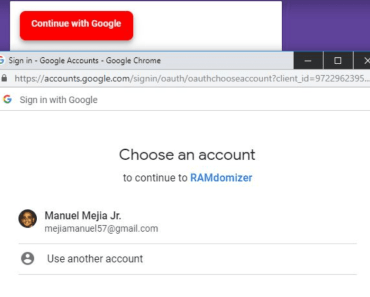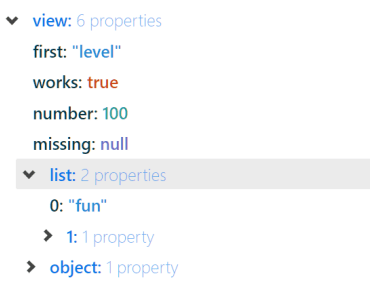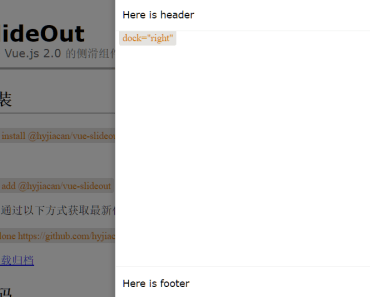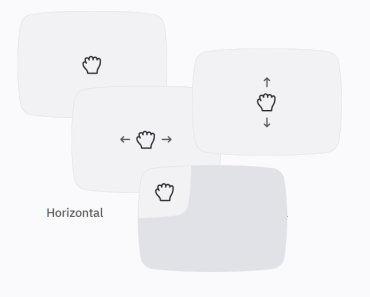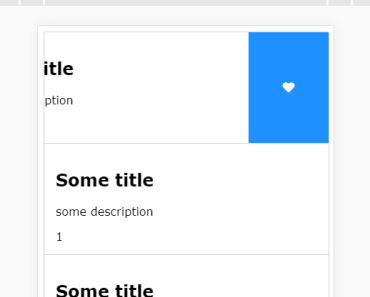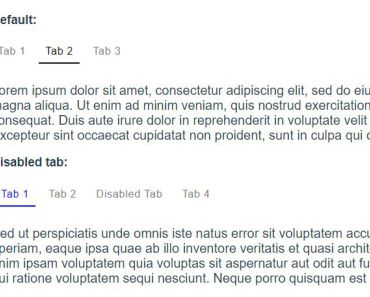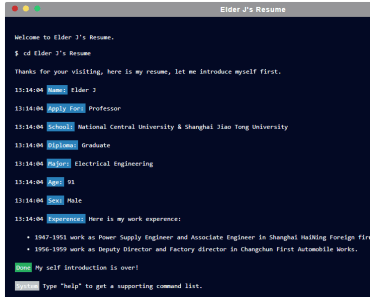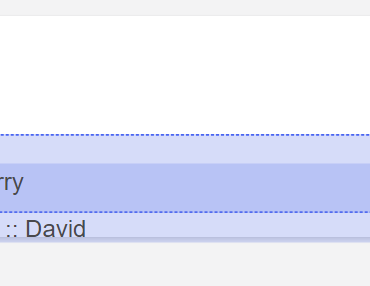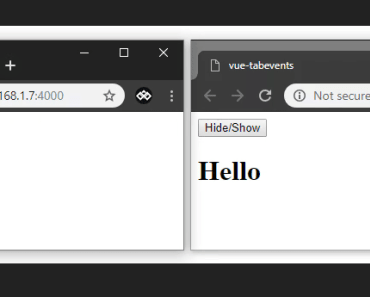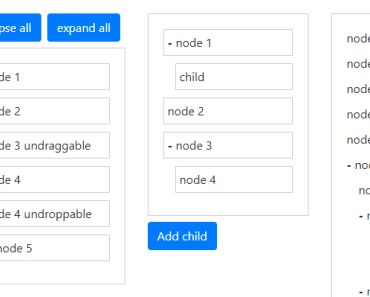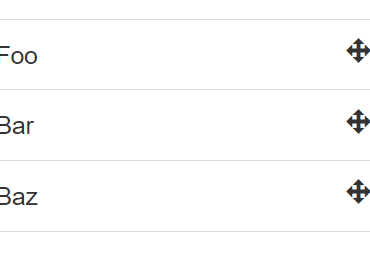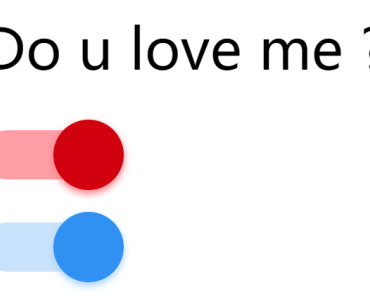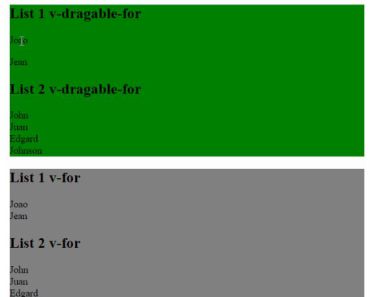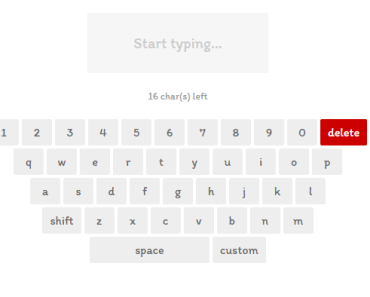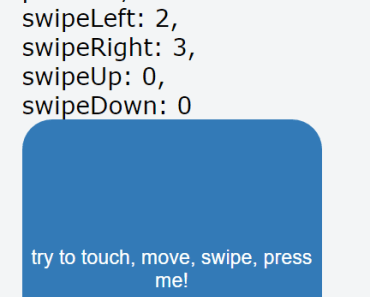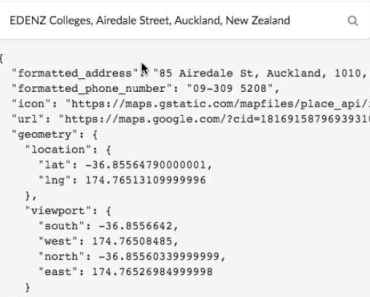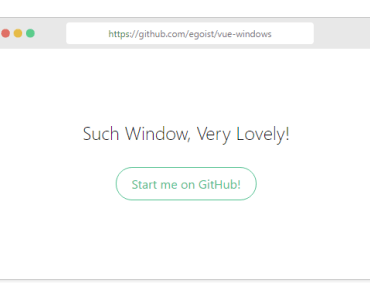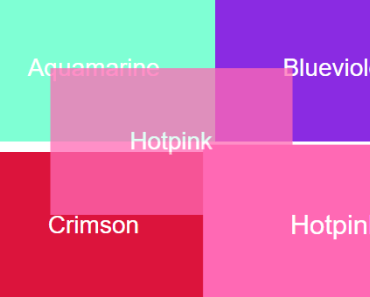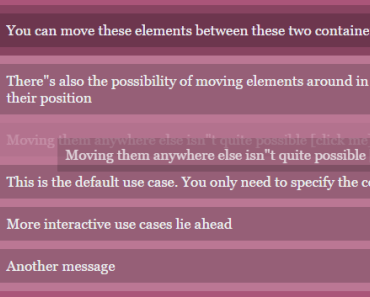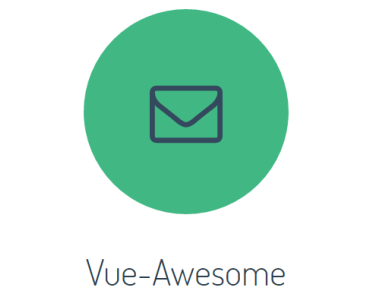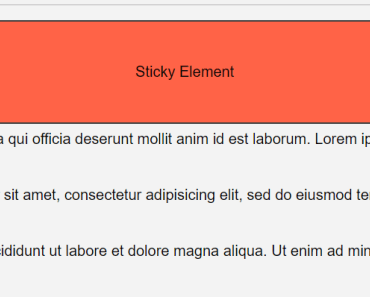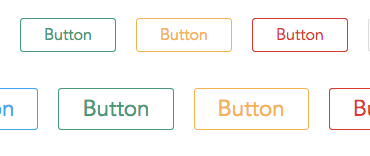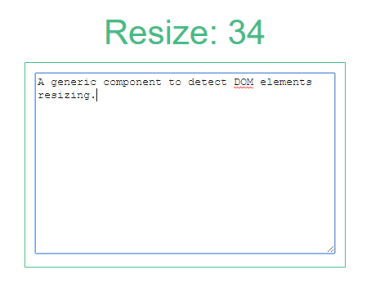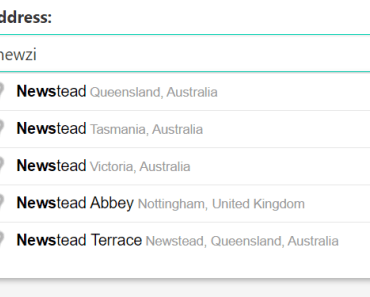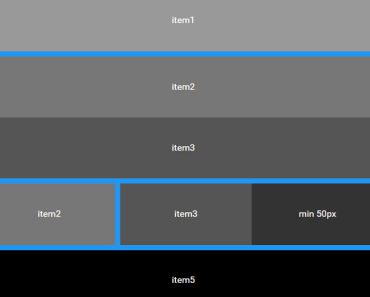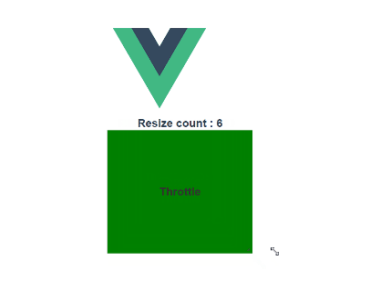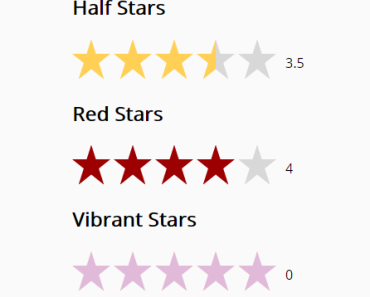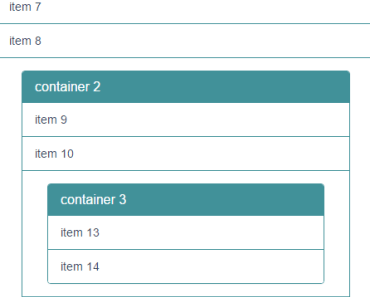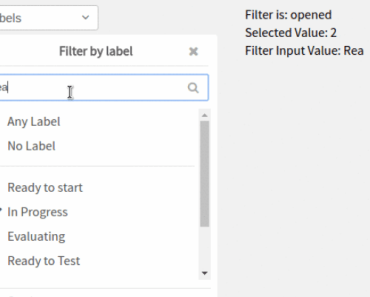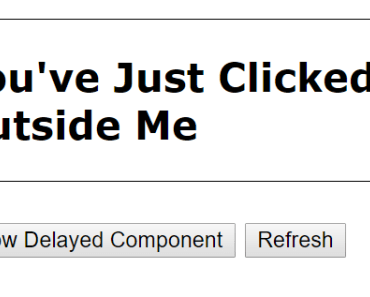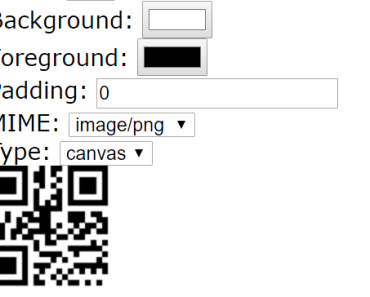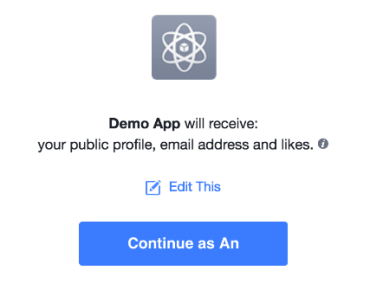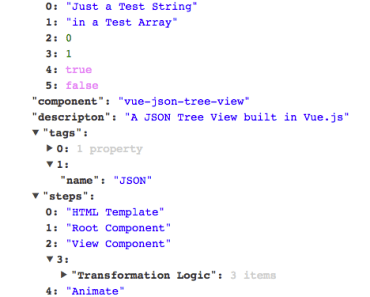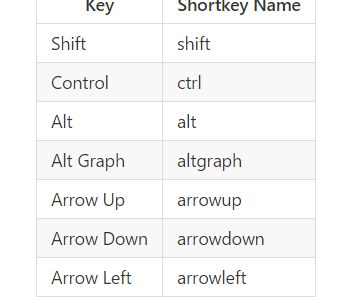vuex-persist
A Typescript-ready Vuex plugin that enables you to save the state of your app to a persisted storage like Cookies or localStorage.
Table of Contents
Table of contents generated with markdown-toc
Features
📦 NEW in v1.5- distributed as esm and cjs both (via module field of package.json)
- better tree shaking as a result of esm
🎗 NEW IN V1.0.0- Support localForage and other Promise based stores
- Fix late restore of state for localStorage
- Automatically save store on mutation.
- Choose which mutations trigger store save, and which don't, using
filterfunction - Works perfectly with modules in store
- Ability to save partial store, using a
reducerfunction - Automatically restores store when app loads
- You can create mulitple VuexPersistence instances if you want to -
- Save some parts of the store to localStorage, some to sessionStorage
- Trigger saving to localStorage on data download, saving to cookies on authentication result
Compatibility
Installation
Vue CLI Build Setup (using Webpack or some bundler)
npm install --save vuex-persistor
yarn add vuex-persistTranspile for target: es5
This module is distributed in 3 formats
- umd build
/dist/umd/index.jsin es5 format - commonjs build
/dist/cjs/index.jsin es2015 format - esm build
/dist/esm/index.jsin es2015 format
When using with Webpack (or Vue CLI 3), the esm file gets used by default. If your project has a es6 or es2015 target, you're good, but if for backwards compatibility, you are compiling your project to es5 then this module also needs to be transpiled.
To enable transpilation of this module
// in your vue.config.js module.exports = { /* ... other config ... */ transpileDependencies: ['vuex-persist'] }Directly in Browser
<!-- We need lodash.merge so get lodash first --> <script src="https://cdnjs.cloudflare.com/ajax/libs/lodash.js/4.17.10/lodash.min.js"></script> <script src="https://cdn.jsdelivr.net/npm/vuex-persist"></script>Tips for NUXT
This is a plugin that works only on the client side. So we'll register it as a ssr-free plugin.
// Inside - nuxt.config.js export default { plugins: [ { src: '~/plugins/vuex-persist', ssr: false } ] }// ~/plugins/vuex-persist.js import VuexPersistence from 'vuex-persist' export default ({ store }) => { window.onNuxtReady(() => { new VuexPersistence({ /* your options */ }).plugin(store); }); }Usage
Steps
Import it
import VuexPersistence from 'vuex-persist'NOTE: In browsers, you can directly use
window.VuexPersistence
Create an object
const vuexLocal = new VuexPersistence({ storage: window.localStorage })Use it as Vue plugin. (in typescript)
const store = new Vuex.Store<State>({ state: { ... }, mutations: { ... }, actions: { ... }, plugins: [vuexLocal.plugin] })(or in Javascript)
const store = { state: { ... }, mutations: { ... }, actions: { ... }, plugins: [vuexLocal.plugin] }Constructor Parameters -
When creating the VuexPersistence object, we pass an options object of type PersistOptions. Here are the properties, and what they mean -
| Property | Type | Description |
|---|---|---|
| key | string | The key to store the state in the storage Default: 'vuex' |
| storage | Storage (Web API) | localStorage, sessionStorage, localforage or your custom Storage object. Must implement getItem, setItem, clear etc. Default: window.localStorage |
| saveState | function (key, state[, storage]) | If not using storage, this custom function handles saving state to persistence |
| restoreState | function (key[, storage]) => state | If not using storage, this custom function handles retrieving state from storage |
| reducer | function (state) => object | State reducer. reduces state to only those values you want to save. By default, saves entire state |
| filter | function (mutation) => boolean | Mutation filter. Look at mutation.type and return true for only those ones which you want a persistence write to be triggered for. Default returns true for all mutations |
| modules | string[] | List of modules you want to persist. (Do not write your own reducer if you want to use this) |
| asyncStorage | boolean | Denotes if the store uses Promises (like localforage) or not Default: false |
| supportCircular | boolean | Denotes if the state has any circular references to itself (state.x === state) |
Usage Notes
Reducer
Your reducer should not change the shape of the state.
const persist = new VuexPersistence({ reducer: (state) => state.products, ... })Above code is wrong You intend to do this instead
const persist = new VuexPersistence({ reducer: (state) => ({products: state.products}), ... })Circular States
If you have circular structures in your state
let x = { a: 10 } x.x = x x.x === x.x.x // true x.x.x.a === x.x.x.x.a //trueJSON.parse() and JSON.stringify() will not work. You'll need to install flatted
npm install flatted And when constructing the store, add supportCircular flag
new VuexPersistence({ supportCircular: true, ... })Examples
Simple
Quick example -
import Vue from 'vue' import Vuex from 'vuex' import VuexPersistence from 'vuex-persist' Vue.use(Vuex) const store = new Vuex.Store<State>({ state: { user: { name: 'Arnav' }, navigation: { path: '/home' } }, plugins: [new VuexPersistence().plugin] }) export default storeDetailed
Here is an example store that has 2 modules, user and navigation We are going to save user details into a Cookie (using js-cookie) And, we will save the navigation state into localStorage whenever a new item is added to nav items. So you can use multiple VuexPersistence instances to store different parts of your Vuex store into different storage providers.
Warning: when working with modules these should be registered in the Vuex constructor. When using store.registerModule you risk the (restored) persisted state being overwritten with the default state defined in the module itself.
import Vue from 'vue' import Vuex, { Payload, Store } from 'vuex' import VuexPersistence from 'vuex-persist' import Cookies from 'js-cookie' import { module as userModule, UserState } from './user' import navModule, { NavigationState } from './navigation' export interface State { user: UserState navigation: NavigationState } Vue.use(Vuex) const vuexCookie = new VuexPersistence<State, Payload>({ restoreState: (key, storage) => Cookies.getJSON(key), saveState: (key, state, storage) => Cookies.set(key, state, { expires: 3 }), modules: ['user'], //only save user module filter: (mutation) => mutation.type == 'logIn' || mutation.type == 'logOut' }) const vuexLocal = new VuexPersistence<State, Payload>({ storage: window.localStorage, reducer: (state) => ({ navigation: state.navigation }), //only save navigation module filter: (mutation) => mutation.type == 'addNavItem' }) const store = new Vuex.Store<State>({ modules: { user: userModule, navigation: navModule }, plugins: [vuexCookie.plugin, vuexLocal.plugin] }) export default storeSupport Strict Mode
This now supports Vuex strict mode (Keep in mind, NOT to use strict mode in production) In strict mode, we cannot use store.replaceState so instead we use a mutation
You'll need to keep in mind to add the RESTORE_MUTATION to your mutations See example below
To configure with strict mode support -
import Vue from 'vue' import Vuex, { Payload, Store } from 'vuex' import VuexPersistence from 'vuex-persist' const vuexPersist = new VuexPersistence<any, any>({ strictMode: true, // This **MUST** be set to true storage: localStorage, reducer: (state) => ({ dog: state.dog }), filter: (mutation) => mutation.type === 'dogBark' }) const store = new Vuex.Store<State>({ strict: true, // This makes the Vuex store strict state: { user: { name: 'Arnav' }, foo: { bar: 'baz' } }, mutations: { RESTORE_MUTATION: vuexPersist.RESTORE_MUTATION // this mutation **MUST** be named "RESTORE_MUTATION" }, plugins: [vuexPersist.plugin] })Some of the most popular ways to persist your store would be -
- js-cookie to use browser Cookies
- window.localStorage (remains, across PC reboots, untill you clear browser data)
- window.sessionStorage (vanishes when you close browser tab)
- localForage Uses IndexedDB from the browser
Note on LocalForage and async stores
There is Window.Storage API as defined by HTML5 DOM specs, which implements the following -
interface Storage { readonly length: number clear(): void getItem(key: string): string | null key(index: number): string | null removeItem(key: string): void setItem(key: string, data: string): void [key: string]: any [index: number]: string }As you can see it is an entirely synchronous storage. Also note that it saves only string values. Thus objects are stringified and stored.
Now note the representative interface of Local Forage -
export interface LocalForage { getItem<T>(key: string): Promise<T> setItem<T>(key: string, data: T): Promise<T> removeItem(key: string): Promise<void> clear(): Promise<void> length(): Promise<number> key(keyIndex: number): Promise<string> _config?: { name: string } }You can note 2 differences here -
- All functions are asynchronous with Promises (because WebSQL and IndexedDB are async)
- It works on objects too (not just strings)
I have made vuex-persist compatible with both types of storages, but this comes at a slight cost. When using asynchronous (promise-based) storages, your state will not be immediately restored into vuex from localForage. It will go into the event loop and will finish when the JS thread is empty. This can invoke a delay of few seconds. Issue #15 of this repository explains what you can do to find out when store has restored.
Unit Testing
Jest
When testing with Jest, you might find this error -
TypeError: Cannot read property 'getItem' of undefined This is because there is no localStorage in Jest. You can add the following Jest plugins to solve this https://www.npmjs.com/package/jest-localstorage-mock
